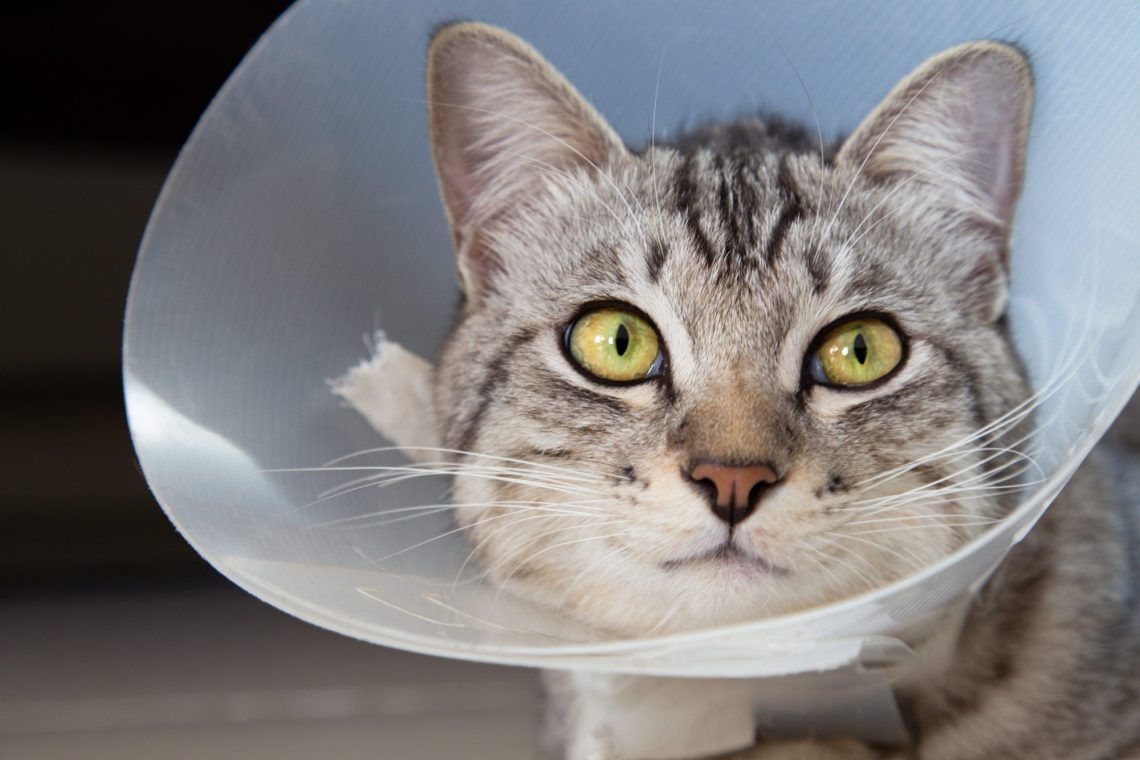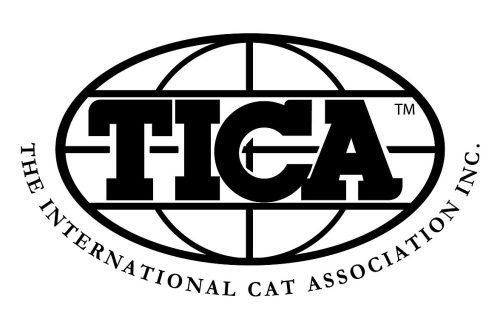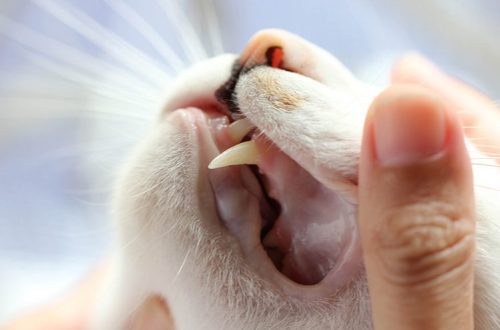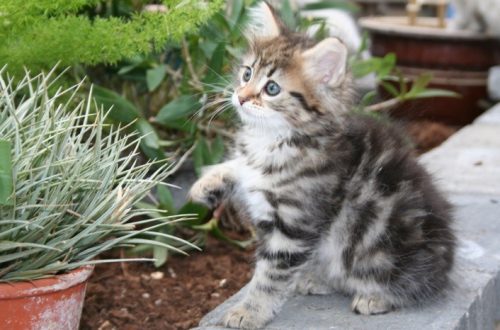
Feeding a spayed cat
Sterilization changes the hormonal background of the animal, this entails a change in lifestyle. According to statistics, the animal becomes calmer (but there are always exceptions to the rule), the level of activity decreases and the risk of gaining excess weight increases. Obesity is also associated with decreased levels of the appetite-suppressing hormones estrogen and testosterone.Sterilization is an abdominal operation. When all the worst is behind, the owner should pay attention to the diet and physical activity of the pet. When it comes to physical activity, things are much more complicated with cats than with dogs. All cat owners know that it is quite difficult to get them to play if they do not want to, but it is still worth trying. You need to choose a game that your pet will like. There are many different toys for cats on sale, including interactive ones, and it is possible to find something that suits the furry. Therefore, the main emphasis should be on the correct selection of the diet.
Feeding a sterilized cat dry food
Do not forget that a sterilized animal becomes more prone to the development of urolithiasis, so when choosing a dry food, you should give preference to specialized premium or super premium food for sterilized cats. The composition of this feed should be low in salt, lower in calories, reduced in fat and increased in fiber.
Natural feeding of a sterilized cat
Let’s talk about natural feeding. Stones are formed from salt, phosphorus, magnesium, so foods high in these substances should be excluded. The main ones are fish, oatmeal, semolina, duck, goose and pork meat, high-fat dairy products, legumes and potatoes, leftovers from the table, salted, fatty, smoked, marinated. Raw meat of low-fat varieties is best for feeding, previously frozen. It should make up more than 60% of the diet. It is also worth making sure that fiber is present in the diet. Bran and chopped vegetables are well suited for this. Do not forget about adding vitamin and mineral supplements to the diet, but before using them, you should consult a veterinarian.





